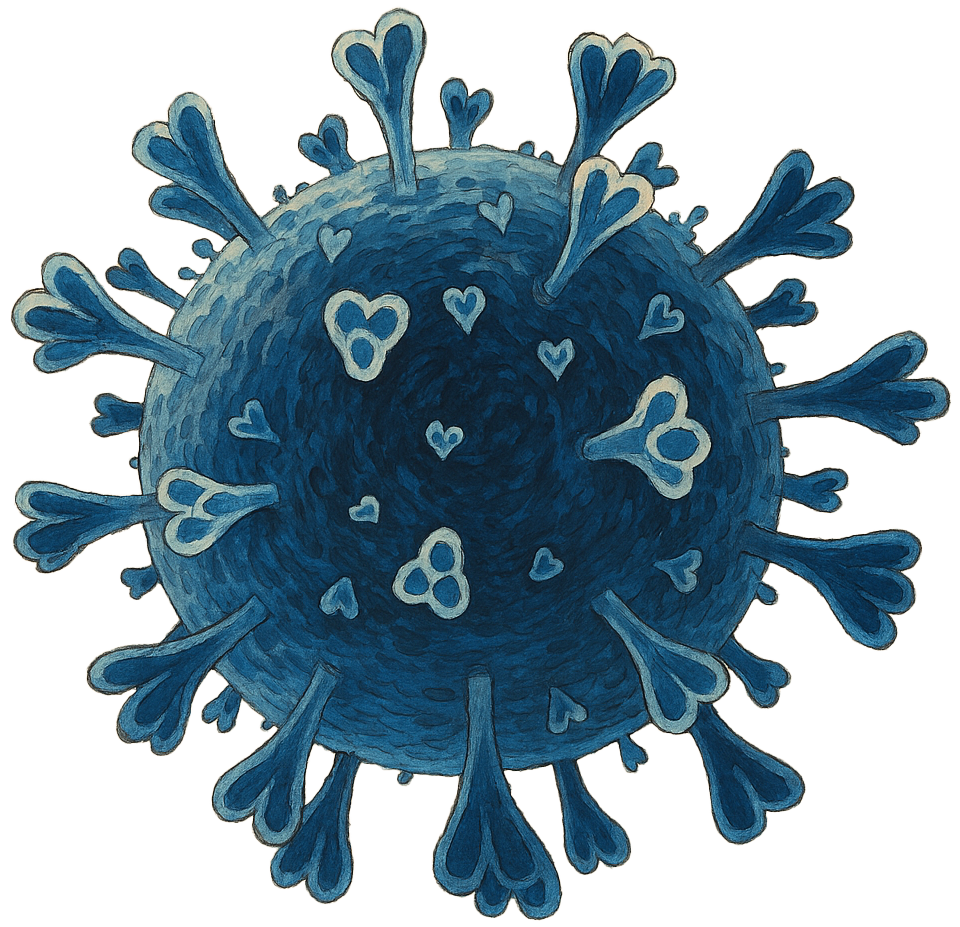Empagliflozin for COVID-19

COVID-19 involves the interplay of over 100 viral and host proteins and factors providing many therapeutic targets.
Scientists have proposed over 9,000 potential treatments.
c19early.org analyzes
120+ treatments.
, Drug repurposing for COVID-19: current evidence from randomized controlled adaptive platform trials and living systematic reviews, British Medical Bulletin, doi:10.1093/bmb/ldac037
Abstract Introduction The coronavirus disease 2019 (COVID-19) pandemic resulted in a race to develop effective treatments largely through drug repurposing via adaptive platform trials on a global scale. Drug repurposing trials have focused on potential antiviral therapies aimed at preventing viral replication, anti-inflammatory agents, antithrombotic agents and immune modulators through a number of adaptive platform trials. Living systematic reviews have also enabled evidence synthesis and network meta-analysis as clinical trial data emerge globally. Sources of data Recent published literature. Areas of agreement Corticosteroids and immunomodulators that antagonize the interleukin-6 (IL-6) receptor have been shown to play a critical role in modulating inflammation and improving clinical outcomes in hospitalized patients. Inhaled budesonide reduces the time to recovery in older patients with mild-to-moderate COVID-19 managed in the community. Areas of controversy The clinical benefit of remdesivir remains controversial with conflicting evidence from different trials. Remdesivir led to a reduction in time to clinical recovery in the ACTT-1 trial. However, the World Health Organization SOLIDARITY and DISCOVERY trial did not find a significant benefit on 28-day mortality and clinical recovery. Growing points Other treatments currently being investigated include antidiabetic drug empagliflozin, antimalarial drug artesunate, tyrosine kinase inhibitor imatinib, immunomodulatory drug infliximab, antiviral drug favipiravir, antiparasitic drug ivermectin and antidepressant drug fluvoxamine. Areas timely for developing research The timing of therapeutic interventions based on postulated mechanisms of action and the selection of clinically meaningful primary end points remain important considerations in the design and implementation of COVID-19 therapeutic trials.
, Real-world evidence with a retrospective cohort of 15,968 Andalusian COVID-19 hospitalized patients suggests 21 new effective treatments and one drug that increases death risk., medRxiv, doi:10.1101/2022.08.14.22278751
Despite the extensive vaccination campaigns in many countries, COVID-19 is still a major worldwide health problem because of its associated morbidity and mortality. Therefore, finding efficient treatments as fast as possible is a pressing need. Drug repurposing constitutes a convenient alternative when the need for new drugs in an unexpected medical scenario is urgent, as is the case with COVID-19. Using data from a central registry of electronic health records (the Andalusian Population Health Database, BPS), the effect of prior consumption of drugs for other indications previous to the hospitalization with respect to patient survival was studied on a retrospective cohort of 15,968 individuals, comprising all COVID-19 patients hospitalized in Andalusia between January and November 2020. Covariate-adjusted hazard ratios and analysis of lymphocyte progression curves support a significant association between consumption of 21 different drugs and better patient survival. Contrarily, one drug, furosemide, displayed a significant increase in patient mortality.
Please send us corrections, updates, or comments.
c19early involves the extraction of 100,000+ datapoints from
thousands of papers. Community updates
help ensure high accuracy.
Treatments and other interventions are complementary.
All practical, effective, and safe
means should be used based on risk/benefit analysis.
No treatment or intervention is 100% available and effective for all current
and future variants.
We do not provide medical advice. Before taking any medication,
consult a qualified physician who can provide personalized advice and details
of risks and benefits based on your medical history and situation. IMA and WCH
provide treatment protocols.
Thanks for your feedback! Please search before submitting papers and note
that studies are listed under the date they were first available, which may be
the date of an earlier preprint.
